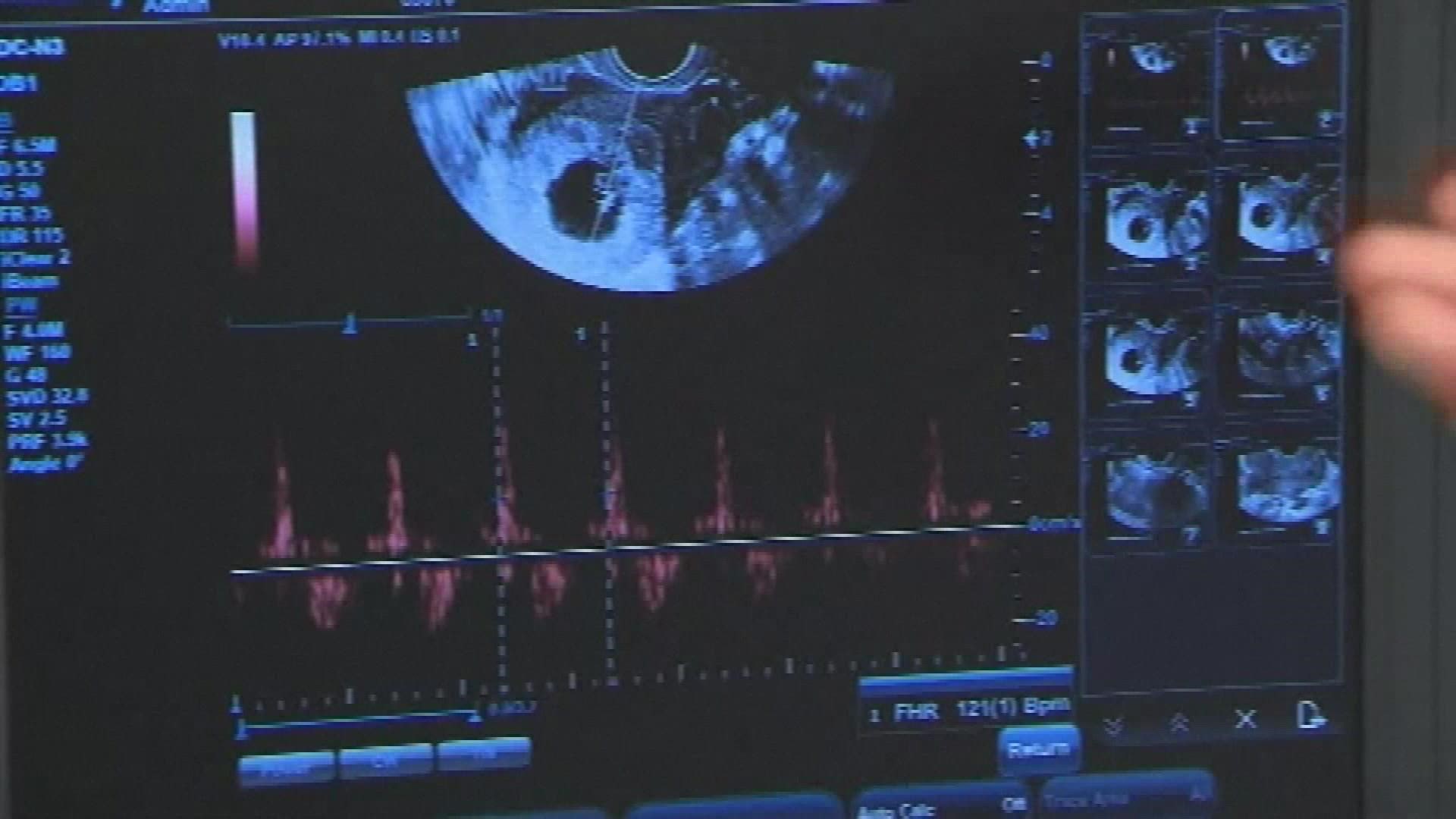Though the controversial Texas abortion law only applies to people in Texas, its effects are being felt in Washington state.
The Texas law prohibits abortions once cardiac activity is detected – usually around six weeks. Texas deputized private citizens to file lawsuits against violators.
The law was suspended by a federal judge who argued it was unconstitutional. The 5th U.S. Circuit Court of Appeals then temporarily reinstated enforcement of the law. The Biden administration is urging courts to suspend the law.
Dr. Sarah Prager, an OB-GYN at UW Medicine, said that from the time Texas Gov. Greg Abbott signed the bill into law in May she's seen a lot more anxiety among colleagues and patients. Her clinic is taking more appointments with women both from Washington and Texas, she said.
"We're already getting calls at clinics here in Washington state from patients in Texas who need to leave the state of Texas in order to get care here," Prager said. "I'm also seeing patients of mine coming in and saying they want to talk about contraception and get long-acting contraception because they're moving to Texas."
Prager said a big concern among doctors, locally and nationally, is what happens if the Supreme Court overturns Roe v. Wade, a ruling that stated the constitution protects a woman's right to choose to have an abortion without government restriction. The court is hearing a case from Mississippi in December that puts the longtime legal standard into question.
Prager said if Roe v. Wade is overturned, it will drive women who need an abortion to the underground market.
"People who would prefer to have an abortion in a clinic with a health care provider should never have to seek it on their own," Prager said. "We don't ask people to look for their own appendectomy; we shouldn't be asking people to look for their own option."
The law in Washington state protects women and providers, even if Roe v. Wade is overturned at the federal level.
Around the world, rates of maternal mortality have increased in cities and countries where abortion is illegal, and according to Prager, minority women suffer maternal mortality disproportionately. She fears that would be exacerbated if abortion is declared illegal.

